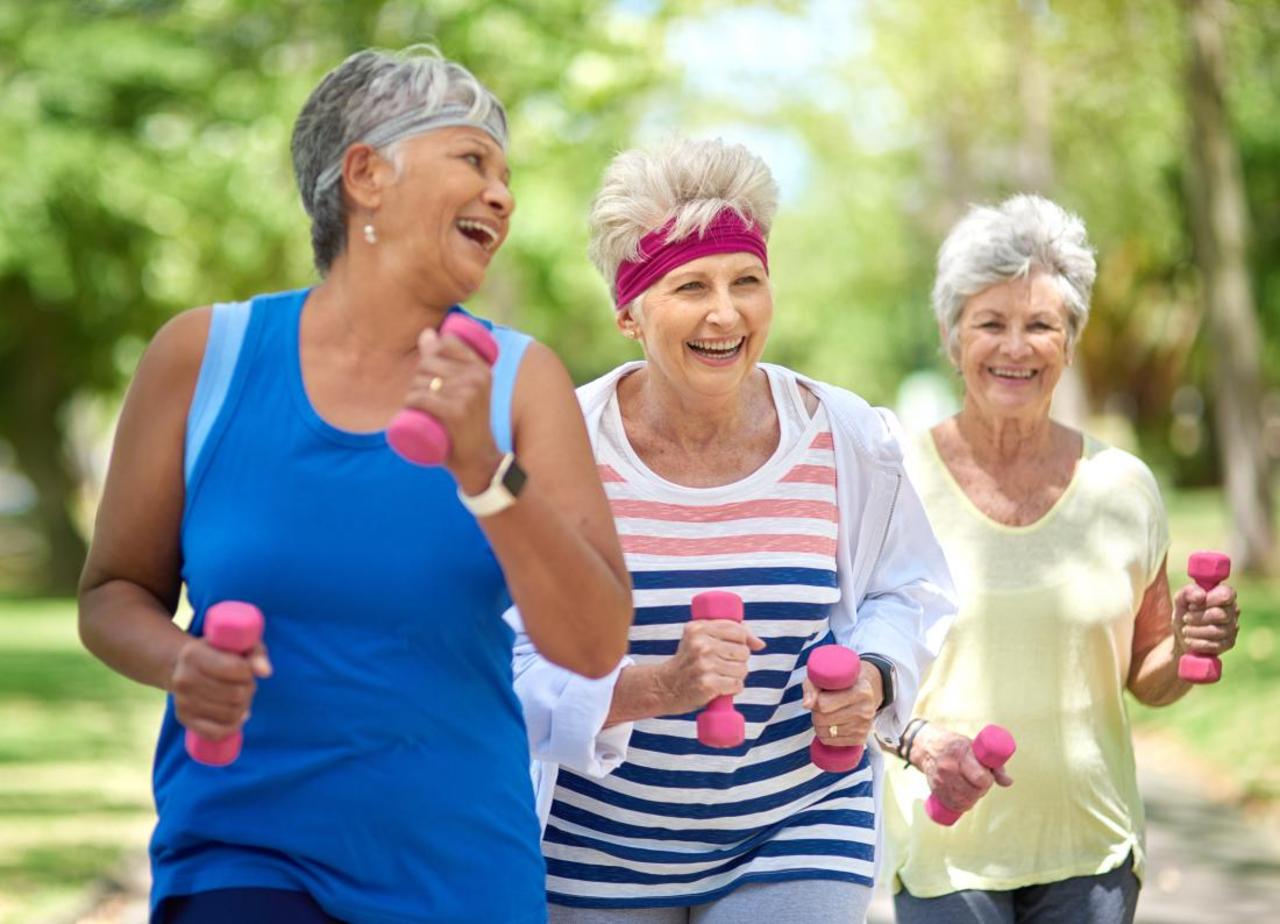
Exercise May Reduce , Risk of Dementia, Study Says.
Working up a sweat is sometimes the best medicine for your body.
A recent study finds that exercise may also protect your brain from dementia.
According to CNN, the study, published in 'Alzheimer's & Dementia: The Journal of the Alzheimer's Association,' .
Found that exercise can increase protein levels that strengthen communication between brain cells via synapses.
Synapses are the critical communicating junctions between nerve cells and are really where the magic happens when it comes to cognition, Kaitlin Casaletto, assistant professor of neurology at the University of California San Francisco, via CNN.
All of our thinking and memory occur as a result of these synaptic communications.
, Kaitlin Casaletto, assistant professor of neurology at the University of California San Francisco, via CNN.
Past research had found that physical activity reduced the risk of dementia, but nobody knew why.
I think these findings begin to support the dynamic nature of the brain in response to our activities, Kaitlin Casaletto, assistant professor of neurology at the University of California San Francisco, via CNN.
... and the capacity of the elderly brain to mount healthy responses to activity even into the oldest ages.
, Kaitlin Casaletto, assistant professor of neurology at the University of California San Francisco, via CNN.
... and the capacity of the elderly brain to mount healthy responses to activity even into the oldest ages.
, Kaitlin Casaletto, assistant professor of neurology at the University of California San Francisco, via CNN.
The study found that those who move more often have higher amounts of protective proteins in their body.
The more physical activity, the higher the synaptic protein levels in brain tissue.
, Kaitlin Casaletto, assistant professor of neurology at the University of California San Francisco, via CNN.
Every movement counts when it comes to brain health.
, Kaitlin Casaletto, assistant professor of neurology at the University of California San Francisco, via CNN

